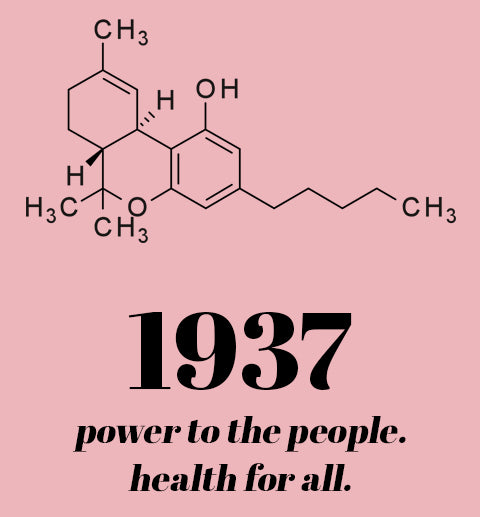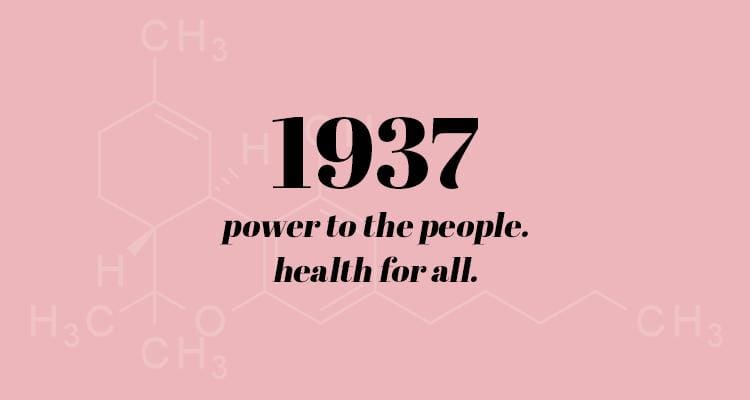CBD Tinctures and Oils: What's the Difference and Why it Matters

In the burgeoning world of Cannabinol products, buzz words and lazy definitions dominate the web. New terms mix with old ones, creating hybrid meanings that confuse reads and experts. Tincture, infusion, maceration--what are the differences?
The public's attention has pushed Cannabinol into the spotlight, but the popularity of CBD products is a double-edged sword. On one hand, new scientific studies emerge often, confirming the benefits that CBD has to offer.
The FDA regulated a new drug for epilepsy patients back in 2018 because of studies like this one. Millions of people benefit every day by the emergence of new products.
But there's still confusion about products, dosages, and methods of consumption. Not to mention the difficulty of dispelling myths about CBD. Many people are hesitant to try it, especially when it’s difficult to understand the terminology. And when it comes to combining CBD with alcohol, a lot of people are understandably nervous.
You shouldn’t combine many pharmaceutical drugs with alcohol, so why combine alcohol with CBD? Why a tincture?
Sometimes heading straight to the source is the best way to introduce a new term. The Mirriam-Webster dictionary defines tincture as “a solution of a medicinal substance in an alcoholic solvent.”
All the jargon aside, it boils down to dissolving herbs in high proof alcohol. After a certain amount of time has elapsed, the herbs are strained out and you’re left with a healthy, flavor-infused alcoholic drink.
Surprisingly, tinctures aren’t a new term. The practice has been documented through the ages.
From Ancient Egypt to Your Neighborhood Pharmacy
Tinctures have been around since the days of King Tut. The Pharmaceutical Journal reported a recent discovery of tinctures within an Egyptian tomb. The Egyptian papyri themselves contain extensive medicinal recipes mixing alcohol and herbs. Within the tomb, scientists discovered a bottle that contained trace amounts of wine and tree resin.
Egyptians considered the items left in a tomb to be of eternal significance. They only left things in a tomb that they thought would help the deceased navigate the afterlife. Finding a tincture in the tomb indicates that it was an important, and sacred, part of their lives.
According to Birch Botanicals tinctures were also popular throughout Victorian England. They were used extensively to treat colds and fevers. But, they aren’t just an ancient remedy; until the late 20th century, tinctures were readily available in most pharmacies.
Throughout history, these elixirs have proven to be very useful in treating a variety of conditions. Now more than ever, tinctures are making a medicinal comeback. There are endless blog posts about their health benefits, how to make them, where to buy them, and how to infuse them with delectable flavors.
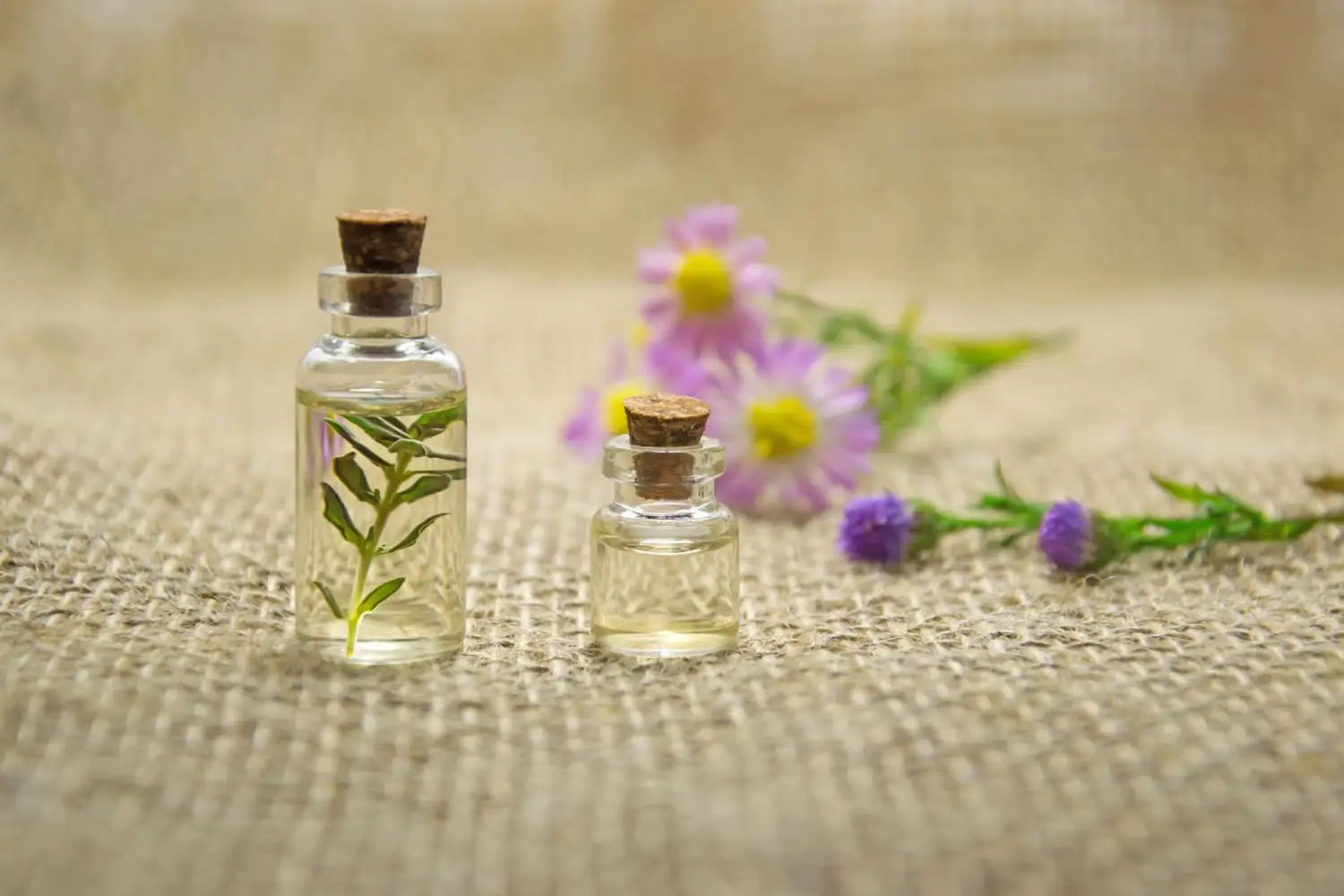
The Many Facets of Tinctures
Tinctures are extremely versatile. Many people buy CBD tinctures online because of their extensive spectrum of flavors. For first time users, the taste of CBD can be a turn-off -- but imagine a chocolate-flavored dose of CBD tincture?
In an alcohol flavoring article, Bluprint explains why alcohol is such a great flavor carrier. It’s well-known that alcohol can act as a preserving agent--but it goes beyond preserving non-edibles like make-up products.
Tinctures are known for their tasty flavor profiles--not for an extremely strong alcohol flavor from the high-proof solution. This is because the flavoring is preserved by alcohol.
Natural Wellness also points out how easy it can be to cook with CBD tinctures. Just remember, a little flavor goes a long way.
CBD tinctures are also easy to use. They can be taken orally or sublingually just like CBD oil. This is one of the reasons that many health professionals recommend tinctures, or CBD oils, to first-time users.
As if there weren’t enough wonderful features already, CBD tinctures are great for weight-loss. For those looking to find a low-calorie option, tinctures won’t disappoint. According to Champlain Valley Dispensary, each dosage of a CBD tincture contains as little as 7 calories!
A Note on Non-Alcoholic ‘Tinctures’
Although it’s a technicality, “non-alcoholic” tinctures don’t exist. However, the term ‘tincture’ is used widely to describe infused oils, or cannabinol dissolved in a glycerin or vinegar solution like those listed on Urban Moonshine. These would be considered a ‘non-alcoholic’ tincture options.
However, it should be noted that the alcohol content in a tincture is typically very low. Aisling Badger points out that tinctures shouldn’t be thought of like an alcoholic beverage. She says, “Think of tinctures like vanilla extract or a kombucha–not an alcoholic beverage!”
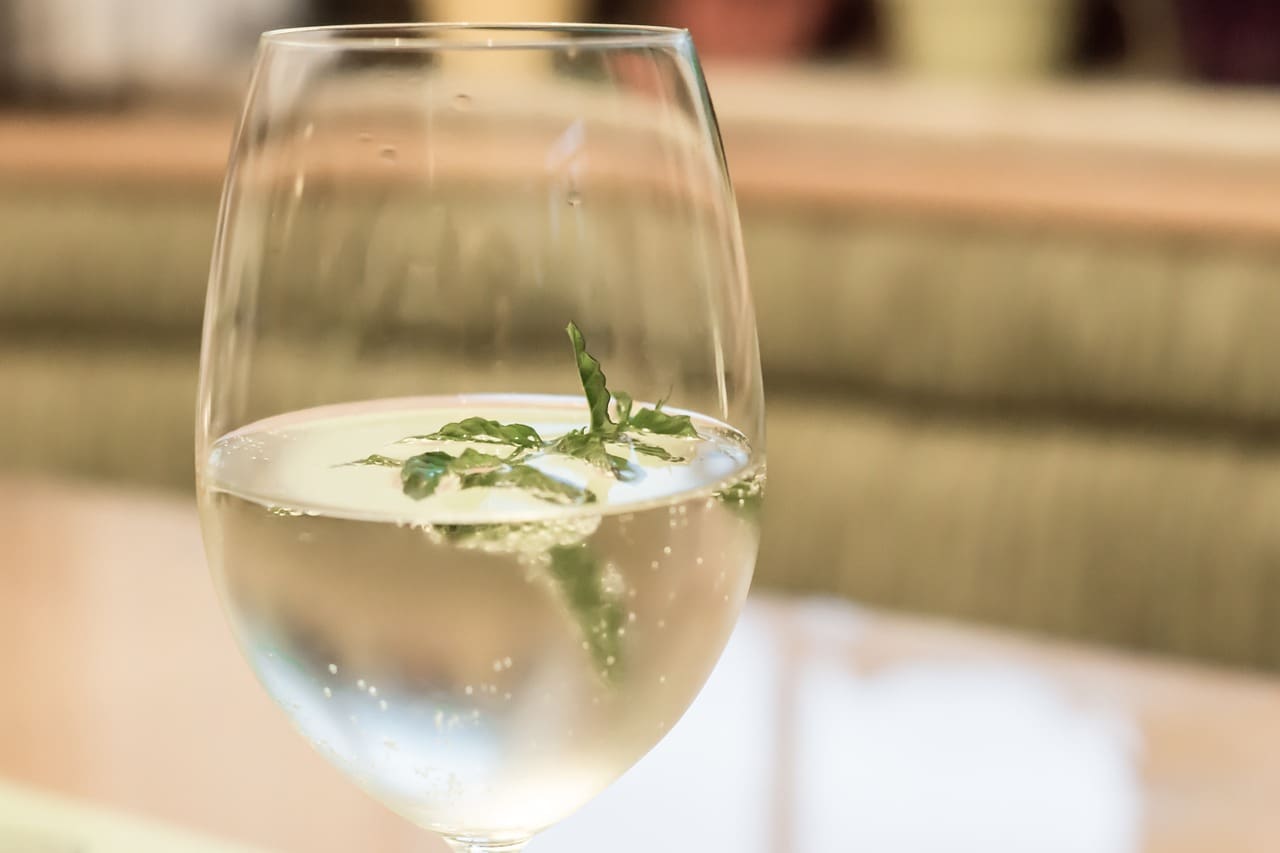
What a Tincture Is NOT
Popular websites often put a blanket statement on tinctures claiming that they're simply herbs dissolved in a liquid substance. As the Academy of Culinary Nutrition points out, this is not the case.
Tinctures are alcohol-specific. The base is high-proof alcohol. Not oil, vinegar, or water.
CBD oils are often referred to as tinctures, but that's wrong; they're infusions!
Herbs dissolved and steeped in water or oil are known as infusions. The most popular infusion, for example, is tea.
Maceration is another extraction process but specifically requires the use of cold liquids to extract the wholesome herbal compounds.
Then there's decoction. This hot water process is used on tougher plants to extract the maximum benefits.
The hemp and CBD industry uses all of these methods to produce quality products like teas, infused oils, vape oils, and topical products.
While websites swap the terms like they're synonyms, keep in mind that different extraction methods yield different results! Many people switch from CBD oil to tinctures because alcoholic tinctures possess a satisfying flavor that CBD oils lack.
So, although CBD oils are often called ‘tinctures’, they do not fall under the traditional definition of a tincture.
Boil and Bubble: Homemade Tinctures
Brewing a DIY tincture is an attractive option. Many people prefer this method instead of purchasing because they can customize the CBD dose and flavor profile.
However, if you need CBD within a week or two, you're out of luck: It typically takes anywhere from 4-6 weeks to create a tincture. The herb and alcohol mixture must be stored in an airtight container throughout that time.
Birch Botanicals offers step-by-step instructions on concocting a tincture. It’s simple enough, as long as patience is the final ingredient!
The homebrew challenge has its challenges. For one, it's difficult to infuse your tinctures with the exact flavor you want. But if you’re looking for an adventure in the making, it’s worth the effort!
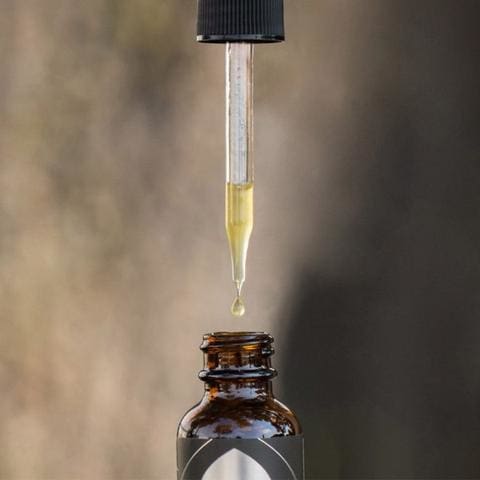
Are Tinctures for Me?
However you snatch up your CBD tincture, you'll enjoy its far-reaching benefits. It’s been shown to reduce anxiety, clear up PTSD symptoms, and it’s the newest combatant against epilepsy. Many people take CBD regularly to improve their anxiety or depression.
But does the alcohol element of the tincture bring anything special to the table?
It doesn’t seem to offer any specific health benefits. However, it can improve taste, be used sublingually or in cooking, and has also been shown to have a longer shelf life than your average product.
The shelf-life alone could make tinctures a cost-effective product for many, especially when made at home. Every day there are new tincture flavors, creative recipes published, and additional drink mixing ideas out there.
If you have an amazing CBD tincture recipe or flavor idea share it below in the comments! We’d love to hear about your experience.
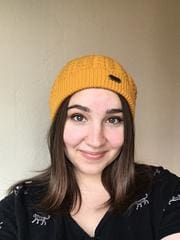
Amy is a life-long writer. Small town living in the heart of the Rocky Mountains has provoked something deep within her soul. She loves nature hot-spots, national parks and the freedom to write off the page. When she’s not writing, you can find her racking up fines at her local library or analyzing the latest television show. Her weekly ritual includes a coffee, a word document, and the insatiable desire to tell a story. In her spare time, Amy writes articles on Medium about mental health, spirituality, and life experiences.
